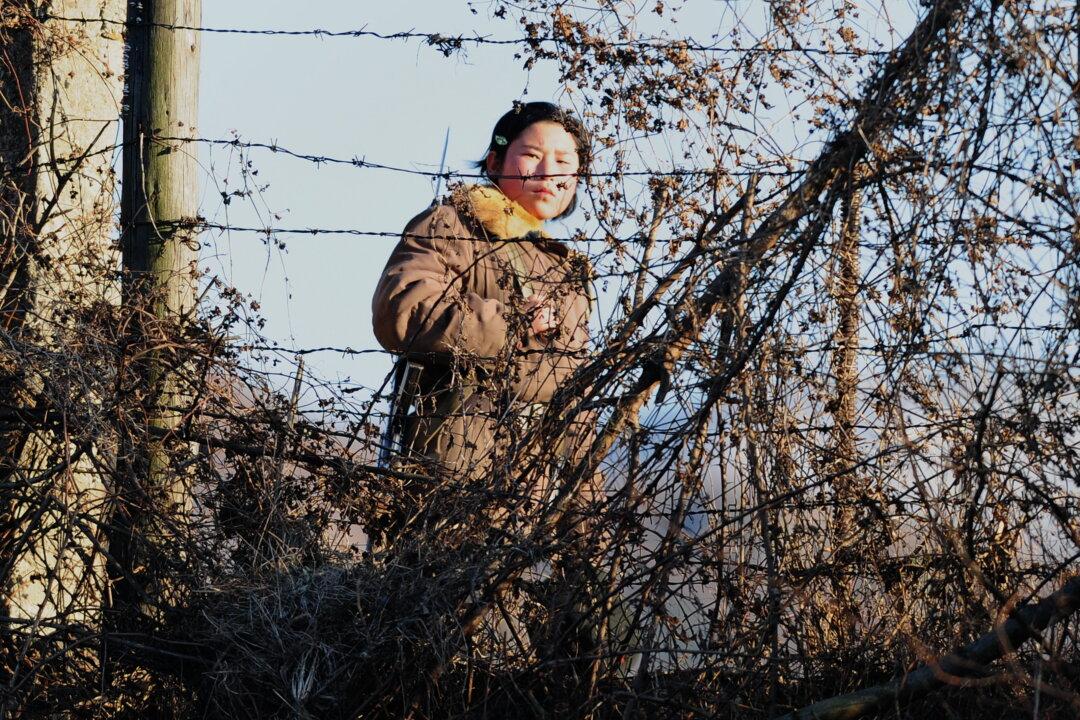China’s forcible return of North Korean refugees is critical to sustaining the North Korean regime, according a high-level North Korean defector.
If China allowed North Korean refugees safe passage to South Korea, a mass exodus of North Koreans would quickly bring the regime to its knees, according to Thae Yong-ho, a former deputy chief at the North Korean embassy in London.





